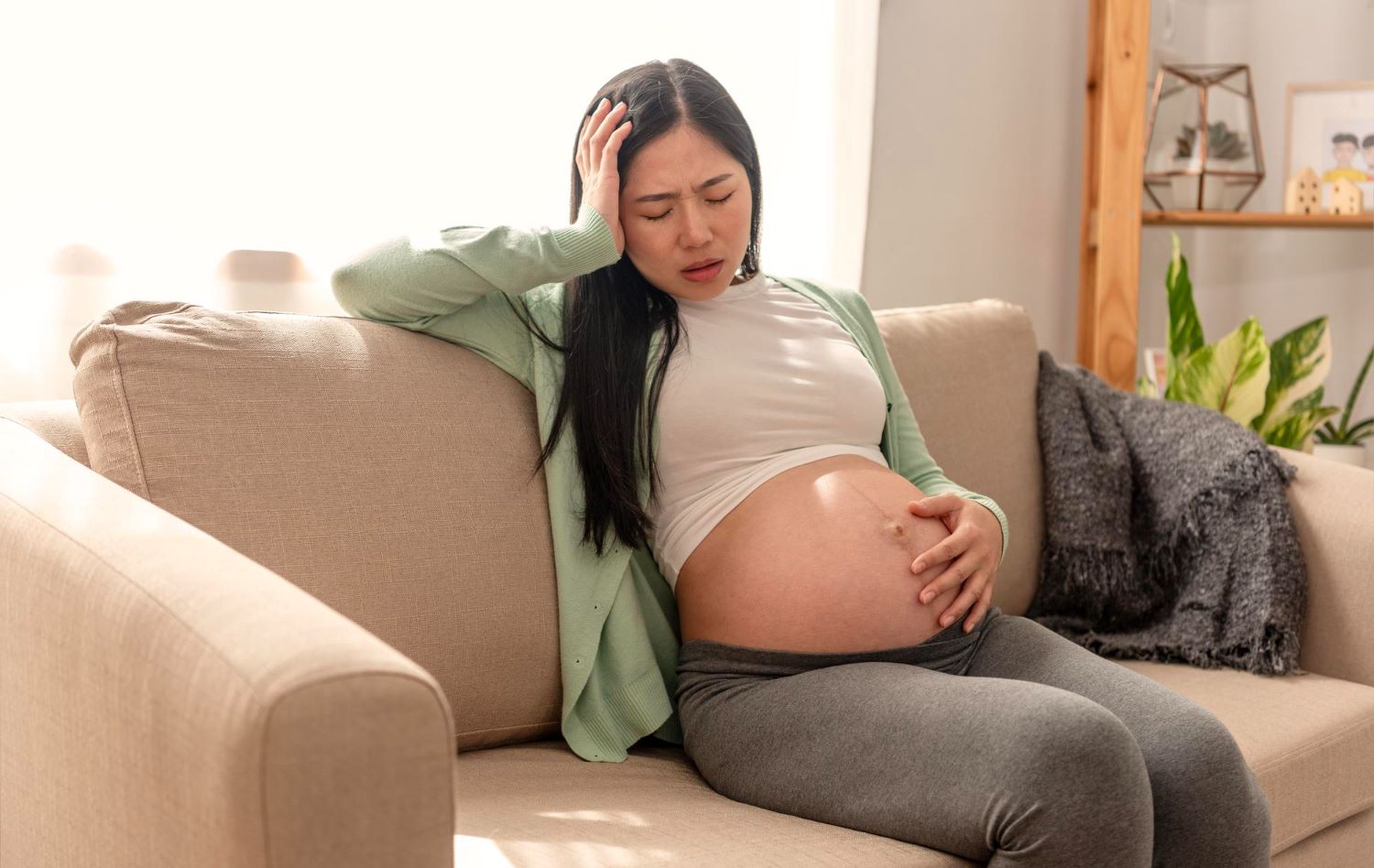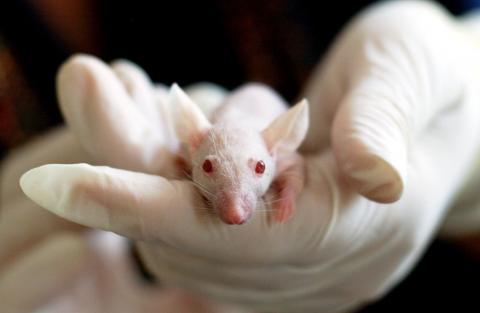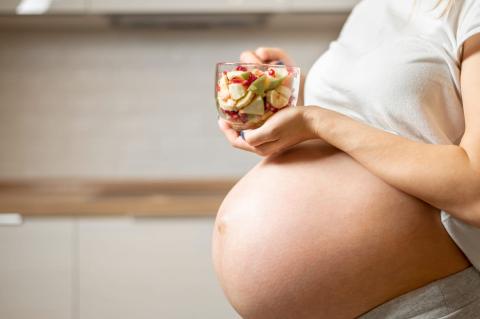Reaction: Pregnancy is associated with an increase in biological age
Un estudio analizó la edad biológica de más de 1.700 participantes utilizando seis relojes epigenéticos diferentes. Los resultados mostraban que cada embarazo individual reportado por una mujer se correlacionaba con un envejecimiento biológico adicional de dos a tres meses. Estos efectos persistían incluso cuando se tenían en cuenta el estatus socioeconómico, el tabaquismo, la variación genética y la urbanidad del entorno de los participantes. El estudio se publica en PNAS.

Yolanda Cabello - embarazo vejez EN
Yolanda Cabello
Independent clinical embryologist and consultant in assisted reproduction and lecturer on the Master's Degree in Health and Clinical Management at the International University of Valencia
Ageing depends on genetic, environmental, lifestyle, psychological and socio-economic factors. Biologically, cellular ageing is caused by increased free radicals and oxidation. A balanced diet rich in antioxidants (molecules that neutralise free radicals) could reduce this oxidative stress and prevent premature ageing.
Another study already pointed out something similar. Its conclusions were that pregnancy could affect the length of telomeres, which shorten the older you get, with those of women who have had children being shorter than those who have not, and also that the more children you have, the shorter the telomere length of the mother's telomeres.
This new study begins by naming publications from 1966 and 1977, which already concluded that pregnancy increased the ageing of women. The sample size is 1,735 young adults in the Philippines, making it a large sample. The authors used as a measuring instrument six epigenetic clocks (which could be defined as biochemical tests that can be used to measure age) that have supposedly already been shown to predict mortality risk, physiological dysregulation and biological decline using mathematical algorithms. The conclusions after analysing the data were that those women with at least one pregnancy had a higher biological ageing rate than those who had never been pregnant; and those with more than one pregnancy had even faster ageing rates. These results were robust to potential social, environmental and genetic confounders in the form of socioeconomic status and measures of urbanity, smoking and genetic variation, and were not attenuated after adjustment for differences in estimated cellular composition. However, their results did not show that epigenetic ageing could be predicted in men. Therefore, the researchers believe that it is gestation and lactation itself, and not socioeconomic factors linked to fertility in early life (or sexual activity alone), that drives the accelerated epigenetic ageing in their study.
The study has several limitations. First, both the cross-sectional and longitudinal analyses focused on relatively young participants over a short period of time. Second, the study limits the measures to the stress of pregnancy, but many of the metabolic, physiological and immunological changes associated with pregnancy coincide with those that accompany ageing, so it is thought that breastfeeding and parental care also contribute to the long-term costs of reproduction. Finally, epigenetic markers of biological age cannot be linked to morbidity and mortality at higher ages in the study population.
Although it has been said that the biological ageing effect exerted by pregnancy could supposedly be partially reversed after childbirth, it should be studied whether the lack of sleep, the lack of self-care typical of the postpartum period, or the physiological and psychological changes of motherhood itself, could also accelerate ageing through the same epigenetic clocks.
In my opinion, more studies should be done in different populations and in other age groups, since, unfortunately, the actual reproductive age in our country and in general is much higher than the study population. I also wonder whether a pregnancy that ends in miscarriage, whether spontaneous or induced, would increase this ageing and whether it would be proportional to the number of weeks of gestation when it occurs.
Let's hope that this type of study does not affect the decision to have children, in a society so concerned about staying young and attractive, as we are living through one of the worst periods in terms of birth rates.
Ryan et al.
- Research article
- Peer reviewed
- People



